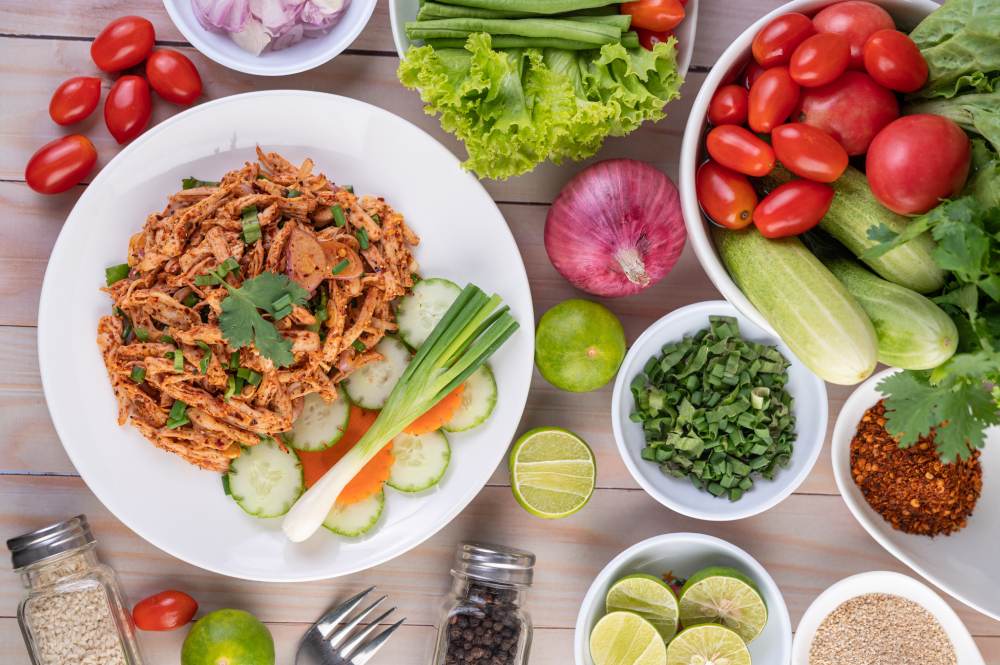Imagine investing in a flawless smile, only to wonder if your favorite meals are now off-limits. Veneers can transform your confidence, but understanding what to eat afterward might feel uncertain. Are crunchy snacks a thing of the past? What about hot coffee or cold desserts? Let’s answer these questions to help you keep your new smile perfect.
Consult with Veneers Manhattan to learn more about veneers care.

What Foods Are Safe to Eat After Getting Veneers?
A common question after getting veneers is: what foods are safe? Thankfully, there are plenty of options, especially with a few precautions.
Safe Foods:
Soft foods are ideal, particularly after temporary veneers when teeth might be sensitive. The following are safe and easy to eat:
| Category | Recommended Examples | Benefit |
| Proteins | Cooked chicken, white fish, eggs | Easy to chew, gentle on veneers |
| Cooked Vegetables | Mashed potatoes, steamed carrots | Soft texture reduces pressure on veneers |
| Soft Fruits | Bananas, melons, baked apples | Require minimal biting force |
| Soft Carbohydrates | Pasta, rice, crustless bread | Low risk of damage |
If eating foods that aren’t entirely soft, such as fresh fruit or slightly crusty bread, cut them into small pieces to reduce pressure on veneers.
Best Foods to Enjoy After Getting Veneers
Veneers allow you to enjoy a varied diet, but some foods are particularly recommended because they’re gentle on veneers.
- Lean Proteins: Fish, chicken, and turkey, cut into small pieces.
- Healthy Snacks: Greek yogurt, soft cheese, and gelatin are safe and delicious options.
- Soups and Stews: Provide balanced nutrition without straining teeth.
- Calcium-Rich Foods: Milk and cheese are safe for veneers and strengthen natural teeth underneath.
Sample Daily Menu:
| Meal | Recommended Option |
| Breakfast | Plain yogurt with banana slices |
| Lunch | Steamed chicken breast with mashed potatoes |
| Dinner | White fish with rice and cooked carrots |
| Snacks | Gelatin, cottage cheese, or soft fruits |
These foods support the appearance and functionality of your veneers while keeping them safe.
Foods to Avoid After Getting Veneers to Ensure Longevity
While veneers are durable, certain foods can damage or compromise their appearance. Knowing what to avoid helps extend their lifespan.
Foods to Avoid:
- Hard Foods:
- Raw carrots, ice cubes, whole nuts.
- Risk: May cause microfractures or dislodge veneers.
- Sticky Foods:
- Chewy candies, nougat, gum.
- Risk: Can loosen veneers, especially if made of composite.
- Highly Pigmented Foods:
- Coffee, red wine, dark tea, soy sauce.
- Risk: Can stain veneers, especially composite ones.
If you consume staining foods or drinks like coffee or wine, rinse your mouth with water immediately to reduce discoloration.
How to Maintain Your Veneers by Choosing the Right Foods?
Choosing the right foods protects your veneers while promoting a healthy smile. A proactive approach helps.
- Limit Pigmented Foods:
Even porcelain veneers benefit from avoiding items like curry, berries, or chocolate.
- Chew Carefully:
Avoid biting directly into hard foods like apples or snacks.
- Stay Hydrated with Water-Rich Foods
Cucumbers, watermelon, and celery help hydrate your mouth and reduce plaque buildup.
Benefits of an adequate diet:
| Practice | Benefit for Veneers |
| Avoid Acidic Foods | Prevents erosion of adhesive material |
| Consume Low-Sugar Foods | Reduces cavity risk in natural teeth |
| Add Calcium-Rich Foods | Strengthens teeth beneath veneers |
A mindful diet can enhance the durability and appearance of your veneers.
Can You Drink Coffee or Wine After Getting Veneers?
Coffee and wine are popular drinks but can stain teeth. Can they be enjoyed without harming veneers?
What happens when coffee or wine is consumed?
- Porcelain Veneers: Resist stains better, making them suitable for regular coffee or wine drinkers.
- Composite Veneers: More prone to stains; consumption should be limited.
Practical Tips:
- Use a straw to minimize contact with veneers.
- Rinse with water after drinking coffee or wine to remove pigments.
- Brush regularly with non-abrasive toothpaste to avoid veneer wear.
If you consume these beverages frequently, consider professional cleanings to maintain veneer brightness.
Eating right to preserve the health of your veneers
A balanced, appropriate diet supports veneer longevity and overall oral health.
Recommendations:
- Include nutrient-rich foods:
- Calcium: Milk, cheese, spinach.
- Vitamin C: Oranges, kiwis, peppers.
- Fiber: Fruits and vegetables for natural teeth cleaning.
- Avoid harmful habits:
- Biting hard objects like pens.
- Using teeth to open packages.
Complement with Oral Hygiene:
Good dietary choices go hand-in-hand with oral care, including:
- Brushing after meals.
- Flossing daily.
- Using mouthwash to eliminate bacteria and freshen breath.
Example Daily Routine:
| Time | Activity |
| Morning | Brush and rinse after breakfast |
| Afternoon | Brush gently after lunch |
| Evening | Brush, floss, and rinse before bedtime |
Make Smart Food Choices to Keep Your Veneers Looking New
Caring for veneers involves both hygiene and mindful eating. Choosing safe foods, avoiding damaging ones, and developing healthy habits ensure veneers stay functional and beautiful for years to come. Enjoy your radiant smile while protecting your investment!
Sources:
- Gürel, G. (2003). Porcelain Laminate Veneers.
- Peumans, M., Van Meerbeek, B., Lambrechts, P., & Vanherle, G. (2000). Porcelain veneers: a review of the literature. Journal of dentistry, 28(3), 163-177.
- Calamia, J. R., & Calamia, C. S. (2007). Porcelain laminate veneers: reasons for 25 years of success. Dental clinics of north America, 51(2), 399-417.
